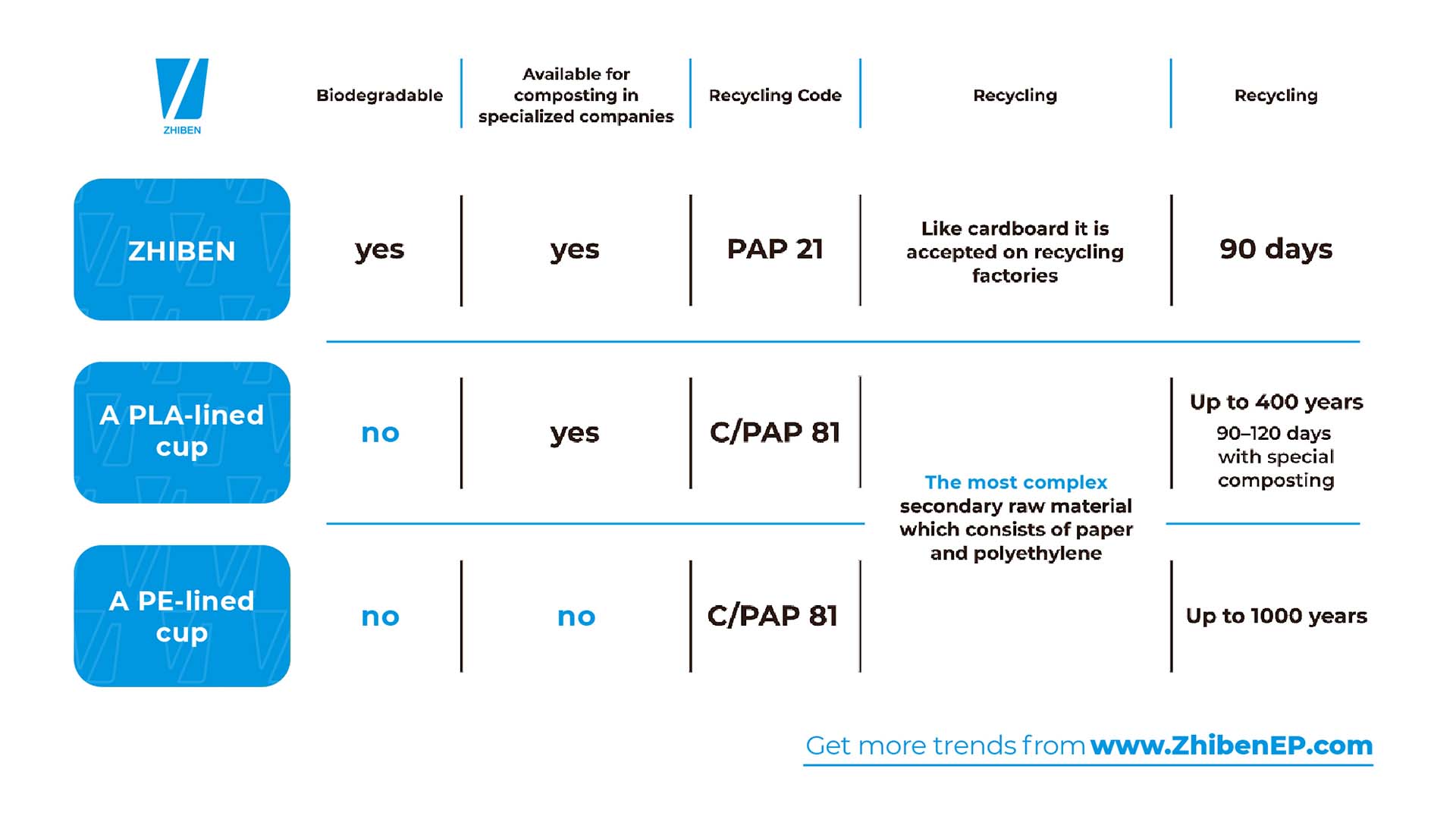Paper Items: What Can (and Cannot) Be Recycled
Sometimes it's hard to know if a paper or cardboard item is ok for recycling. Junk mail? Glossy magazines? Facial tissues? Milk cartons? Gift wrap? Coffee Cups? Cup lids? What if it has glitter all over it?
Fortunately, the vast majority of the paper and cardboard that we use on a daily basis can be recycled. Generally, as long as it’s not lined with a plastic film, coated with wax, or covered in embellishments like glitter, velvet or foil, it’s accepted. Labels, plastic windows, staples and a little tape are ok to include.
Here’s an overview of what is (and isn’t) accepted, followed by explanations:
NON-ACCEPTED Paper Items And How To Dispose Of Them:
* Hardcover books, paperbacks: Donate; recycle only ripped out pages; or trash
* Paper towels/napkins/tissues: Food scrap recycling or trash
* Wax or parchment paper: Food scrap recycling or trash
* Coffee/drink cups: Trash
* Coated, leak-proof paper plates: Trash
* Giftwrap laminated with plastic film or embellished with metallics, glitter, velvet, etc: Trash [Note: regular, plain paper-only gift wrap is fine to recycle.]
* Photograph paper: Trash
Why The Following Items Are Not Accepted:
The following contain too much unwanted non-paper components like plastic or glue, or are "end of life" papers which have already been recycled the maximum number of times:
Coffee/drink Cups: These cups are lined with a thin plastic film to make them leak-proof and 30% of these “paper” cups is actually plastic. Unfortunately, the paper cannot be separated easily from the plastic lining so these lined cups (and coated paper plates) must go in the trash.
Beverage Cartons: These items go in commingled recycling with plastics, glass and metals, even though they look like paper. Milk/juice cartons, juice boxes and ice cream tubs are lined with a plastic film to make them leak-proof. However, unlike coffee/drink cups, paper mills can remove plastic linings from beverage cartons so these cartons can go in commingled recycling.
Books: Paperback and hardcover books can’t be recycled because of the glue used in the binding. Books should be donated or the pages may be ripped out and put into paper recycling. The binding and cover go in the trash. Phone Books are an exception and go in paper recycling.
Glossy Gift Bags: Gift bags and greeting cards that are very glossy, or are covered with embellishments, are laminated with a plastic film which cannot be separated from the paper.
Food-soiled Pizza Boxes: A little oil is ok, but paper is highly porous. Heavy oil or food residue is hard to remove from paper, so the soiled part (and wax paper liner) must be placed in food scrap recycling or the trash.
Paper Towels, Napkins, Tissues: These items are typically made with recycled paper that has already been recycled the maximum number of times and cannot be further recycled into new paper. They can be placed in food scrap recycling as long as there are no cleaning fluids or other chemicals on them, or in the trash.
Wax/Parchment Paper: These are coated with wax and silicone, respectively, which cannot be separated from the paper. Recycle with food scraps or place in the trash.
ACCEPTED Paper Items

Easy Paper Recycling Tips
* If you scrunch paper and it doesn't spring back, then it can be recycled.
* Remove any plastic wrapping from newspapers and magazines - this can be recycled with plastic bags at larger supermarkets.
The Truth of Paper Cups and Lids Recycling:
Traditional coffee cups are actually lined with plastic! They're not compostable, and they're not recyclable in most locations. To recycle coffee cups, waste management facilities have to have special machinery that separate the plastic lining from the paper cup.
Traditional coffee cup lids are plastic #6 and not recyclable in most curbside bins, but the cardboard sleeve is recyclable!
Zhiben's plant fiber cup lids are made from plant fibers such as sugarcane and bamboo pulp. No linings, no plastic coated, which make sure the items 100%recyclable and compostable.

Paper makes up 23 percent of municipal solid waste (trash) generated each year, more than any other material.
Americans recycled about 68 percent of the paper they used in 2018. According to the government-funded Recycle Now initiative, the UK uses about 12.5 million tonnes of paper each year and some 67% of the paper and cardboard used in the UK is recycled.
An increasing number of organisations are recognising the environmental and business benefits of recycling their waste.
These guidelines are intended to be a starting point. Protecting people, food and the planet with sustainable food packaging solutions is not a simple exercise. Even those making real strides in their sustainability journey need to learn from and work with one another. Together we can create a more circular future for us all.
Post time: Oct-13-2021
